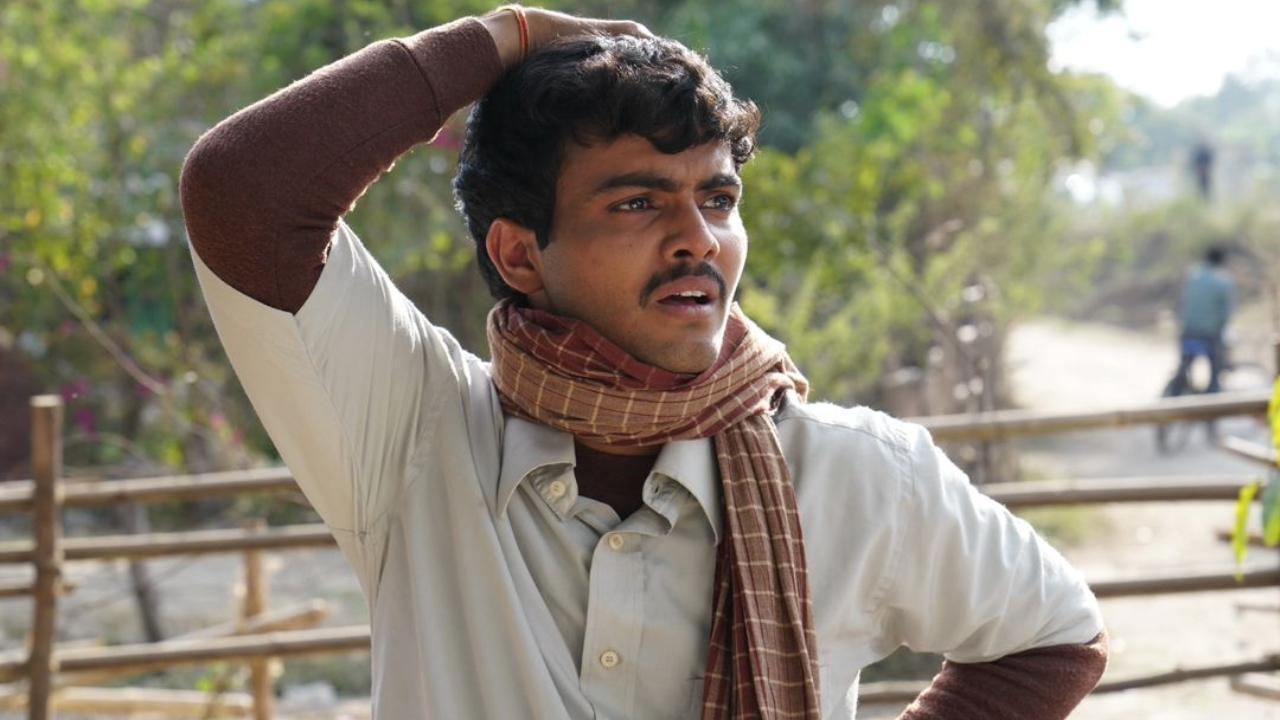
According to a document being circulated on social media, the panel that formed the Selection Committee to finalize India’s official entry for Oscars 2025 has no women among its members. This revelation has sparked significant public discourse and criticism regarding gender representation in the film industry.
A still from Laapataa Ladies
The Film Federation of India on Monday announced ‘Laapataa Ladies’ as the country’s official entry for the Best Foreign Film category at the 97th Academy Awards. The film, directed by Kiran Rao and produced by Aamir Khan, aims to spotlight significant social issues while representing Indian cinema on the global stage. The Academy Awards is scheduled to be held on March 2, 2025.
Selection Committee that chose ‘Laapataa Ladies’ has no women
The document making rounds on social media lists the names of the members of the Selection Committee, conspicuously highlighting the absence of female members. The committee members include: Mr. Jahnu Barua (Chairman) – Director, Mr. Manjunatha S. – Lyrics Writer, Mr. Santhosh Raman – Art Director, Mr. Subbiah Nallamuthu – Doc & Short Film, Mr. Ravi Jadhav – Producer, Director, Actor, Mr. G. P. Vijayakumar – Producer, Mr. Avinash U. Shetty – Actor, Director, Producer, Mr. Bobby Bedi – Producer, Mr. Umamaheshwar Rao – Journalist, Producer, Mr. Bhargav Purohit – Music, Mr. Praveen KL – Film Editor, Mr. Longinus Fernandes – Dance Director, and Mr. D. Yuvaraj – Audiographer.
.
“Indian women are a strange mixture of submission and dominance” —Opening sentence in the citation for India’s official entry to Oscars. Then you notice the all-male selection committee 🤷 pic.twitter.com/4XjsmCzCam
— Karthik 🇮🇳 (@beastoftraal) September 23, 2024
The citation shared by the committee read, “Indian women are a strange mixture of submission and dominance. Well-defined, powerful characters in one world LAAPATAA LADIES (Hindi) captures this diversity perfectly, though in a semi-idyllic world and in a tongue-in-cheek way. It shows you that women can happily desire to be homemakers as well as rebel and be entrepreneurially inclined. A story that can simultaneously be seen as one that needs change, and one that can bring about change. Laapataa Ladies (Hindi) is a film that can engage, entertain, and make sense not just to women in India but universally as well.”
Public Reaction and Criticism
The contradiction between the empowering message of ‘Laapataa Ladies’ and the absence of female voices in its selection has not gone unnoticed. Social media platforms have been flooded with criticisms, with many pointing out the irony of an all-male committee selecting a film focused on women’s empowerment.
Film critics and gender rights activists have joined the conversation, calling for more inclusive representation in decision-making bodies. They argue that the perspectives offered by women are crucial, especially when the subject matter involves gender equality and female empowerment.
Kiran Rao’s ‘Laapataa Ladies’
‘Laapataa Ladies’ explores themes of gender equality and women’s empowerment in rural India. The film follows the story of two brides who are inadvertently switched during a train journey in 2001. Starring Pratibha Ranta, Sparsh Srivastava, and Nitanshi Goel in lead roles, the film combines a poignant narrative with a strong social message. The film, which was released in March, also features performances by Ravi Kishan, Chhaya Kadam, and Geeta Aggarwal Sharma, contributing to a diverse cast that adds depth to the narrative.
The Film Federation of India on Monday reiterated their announcement of ‘Laapataa Ladies’ as the country’s official entry for the Best Foreign Film category at the 97th Academy Awards. The film, directed by Kiran Rao and produced by Aamir Khan, aims to spotlight significant social issues while representing Indian cinema on the global stage. The Academy Awards is scheduled to be held on March 2, 2025.
Calls for Change
As the debate continues, calls for change have become louder. Industry professionals and the general public are demanding reforms to ensure that selection committees are more representative of the diverse society they serve. Many are calling for the inclusion of women and marginalized communities to offer a broader spectrum of views and opinions.
It remains to be seen whether the Film Federation of India will address these concerns and take steps to ensure more balanced representation in the future. For now, the discussion serves as a reminder of the work that still needs to be done in the realm of gender equality, both in front of and behind the camera.












